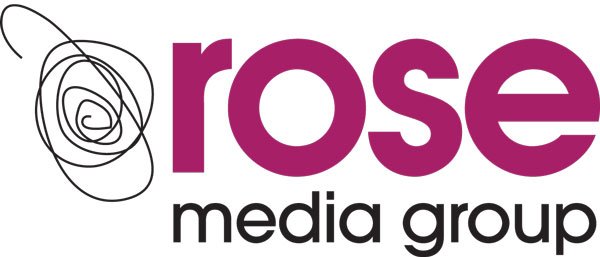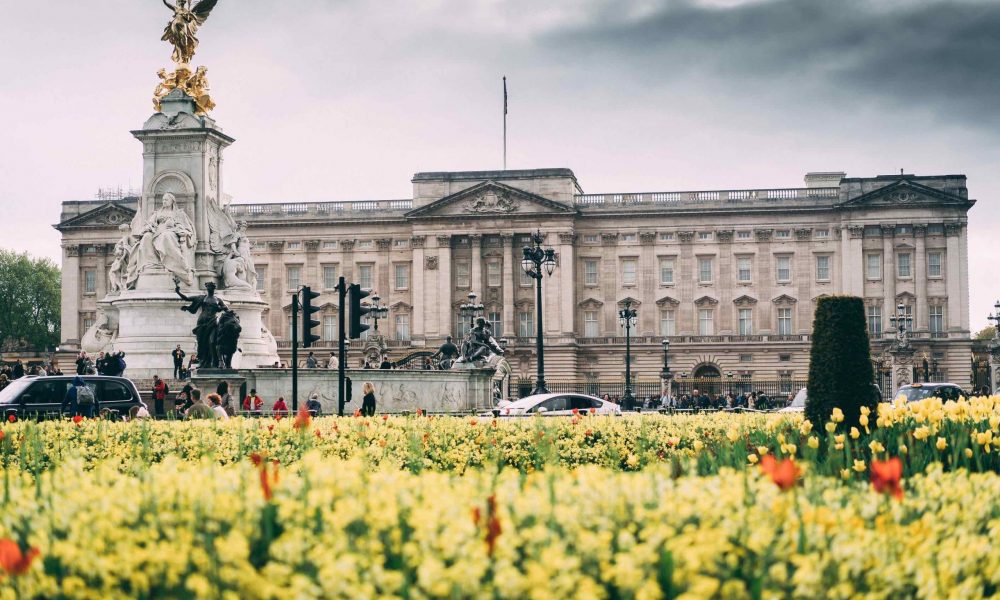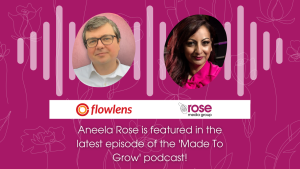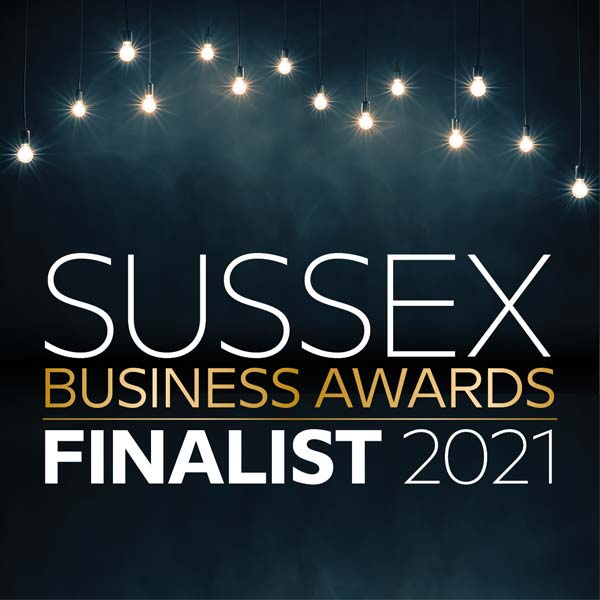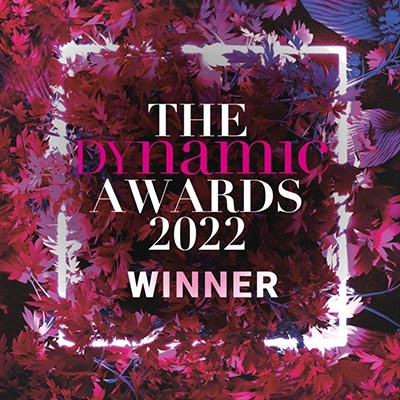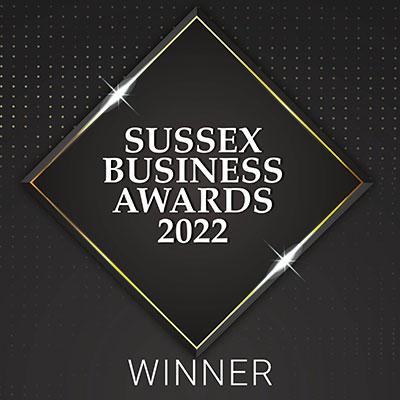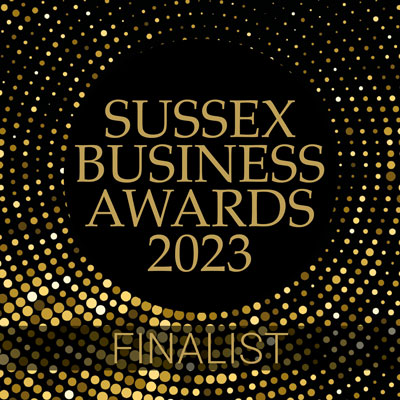In June this year, the Queen celebrates an incredible 70 years on the British throne, and while we at Rose Media Group are always happy to join in any celebrations, we thought this might be a good time to look back at life in the UK seven decades ago. Was it any different to how we live today? Of course. Was it better back then? Some would say yes, others would say no.
Perhaps the first thing to note is that, despite what some people will tell you, life in 1952 wasn’t lived in black and white. Old movies and TV footage may look grainy and somewhat monochrome, but everyone was definitely living in full colour. London’s buses were just as red as they are now, and traffic lights didn’t alternate between grey, less grey and more grey as the Morris Minors and Ford Anglias rolled past.
And while we’re on the subject of traffic, the amount of vehicles on the UK’s roads has risen dramatically. In the early 1950s, there were around four million registered vehicles here, and now there are more than 34 million, over eight times as many. Struggling to find a parking space was almost unheard of, even in the centre of our largest cities. Imagine parking in Shaftesbury Avenue as you pop in to watch the Lion King matinee these days. Your impounded car would probably cost you several hundred pounds in release fees.
Shop till you drop
Retail therapy was completely different in the 1950s, although many of today’s more familiar high street names were also with us back then. Grocery shopping often took place at the nearest store, which for some people might have been a branch of Tesco or Sainsbury’s, and for others would have been an independent local outlet. The range of food you’d have found there, however, in a nation only just emerging from wartime rationing, would have been very limited. These days we think of Spam as an unwanted email, but in the 1950s it was part of the staple diet.
A small minority of people would have worked in an office back then, and of course computers, the internet and mobile phones were all little more than pipe dreams. When you got home at the end of your day, you’d have had a meal then settled in for an evening of reading and perhaps staring at the fireplace. Only around 15% of homes had a television, and even if you were lucky enough to own one there was only one channel to enjoy. So you could watch BBC One, or you could watch BBC One.
These days, our tech-savvy youngsters could give most of us a lesson in the use of tablets, phones and the like, but back in the 1950s they would have had to put up with simpler pleasures. There was a yo-yo craze during the decade, for example, how exciting would that have been? Stamp collecting, board games and hula hoops were the Pokémon Go and the fidget spinners of their day, and although they weren’t perhaps as sophisticated as what the kids have today, the children were probably just as happy then as they are now.
These comparisons prove everything and they prove nothing. Life is incredibly different from then, and so it should be. In 70 years from now, the way we live today may seem unimaginable. I can just picture the 2092 version of a Sussex PR agency, where employees plug their brains into the company database every morning to have their thoughts downloaded. The jetpack commute takes seven seconds from home to work, a distance of thirty miles, and everyone eats a roast dinner in the form of a single pill for their lunch. In the evening, if you wanted to read a Harry Potter novel, you could have it injected into your arm.
You heard it here first.
Rose Media Group, founded by Aneela Rose, is based in Burgess Hill and offers a superlative B2B PR service to a wide range of clients.
